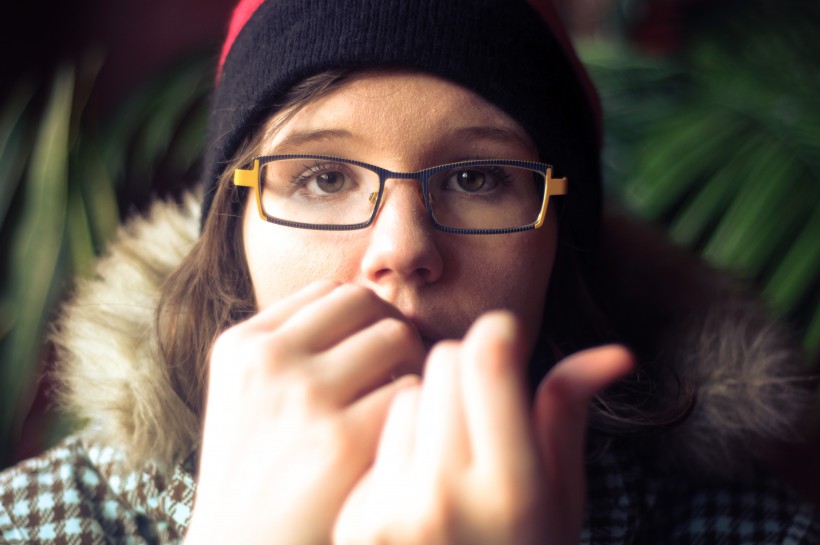What is it?The condition is characterised by excessive worry about a specific issue where the person knows that the worry is excessive and disproportionate. The condition often makes it difficult to relax or to get a good night's sleep. Amongst the common physical symptoms are trembling, muscle tension, headaches, hot flushes or being startled easily. Increased irritability is a common symptom as well..
|
What is it? |
It depends on the type of anxiety disorder, but general symptoms include:
|
What causes it? |
Anxiety, like depression doesn't have a single cause. Like other brain illnesses, anxiety disorders may be caused by problems in the functioning of brain circuits that regulate fear and other emotions. Most likely it’s caused by a combination of factors that may include:
|
What can be done about it? |
There is help and treatment available for Anxiety. There are effective ways to cope with Anxiety.
Therapy can help you:
|
I offer a 15 minute free consultation, where we can discuss what you need. I can then assess if I am the right therapist for you moving forward.
To book your consultation with me
email : [email protected]
or Phone : 07720 849 332
To book your consultation with me
email : [email protected]
or Phone : 07720 849 332

